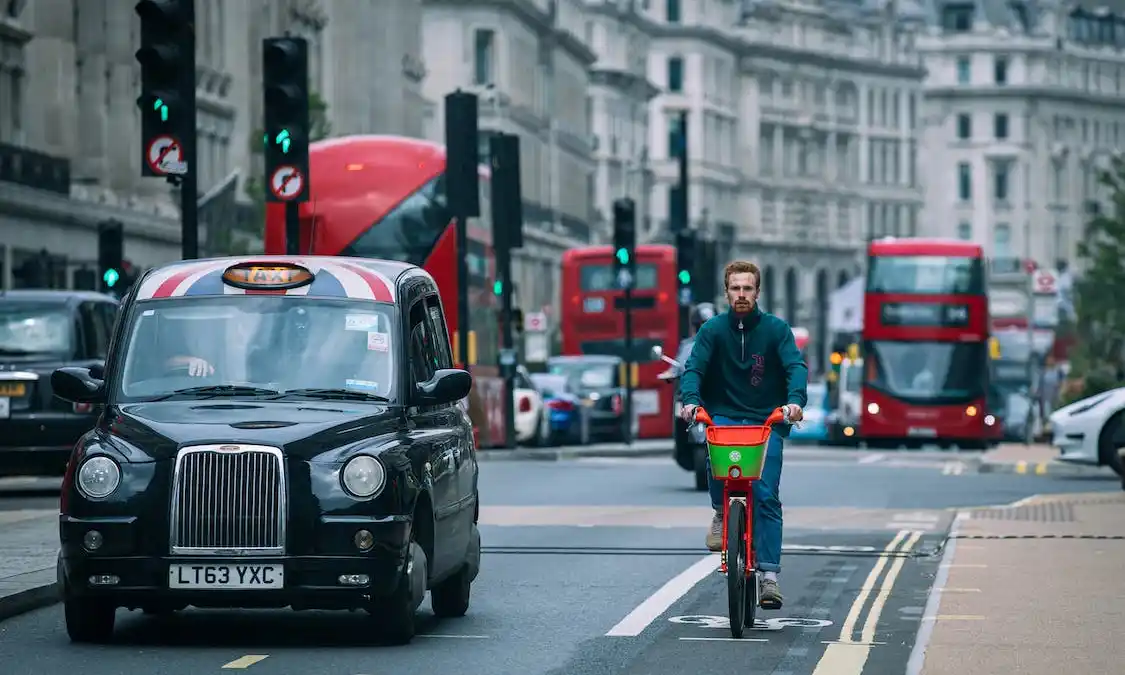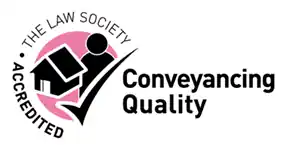
Claiming Compensation For Serious Injuries Sustained In A Cycling Accident
In recent years, the popularity of cycling in the UK has soared. Indeed, according to Government statistics, there has been an increase of more than 60% in the amount of cycle traffic on our roads since 2004 as more of us are turning to our bikes to keep fit, to socialise and to commute to work.
While this is a positive development, there is a downside to the growth levels we are seeing – and that is a corresponding rise in the number of cyclists being killed or injured on our roads each year.
As Anna Rushton, head of our personal injury team explains:
“The problem is that cyclists are vulnerable road users, so when they get hurt the consequences can be severe. We know this because we regularly act for cyclists who have been involved in road traffic accidents and who have suffered a range of injuries, including serious fractures, deep cuts and lacerations, blood loss leading to multiple organ failure, full or partial limb amputation and head, neck and back damage. We also sadly represent a number of families whose loved ones have been killed at the scene of a cycling accident or who have later succumbed to their injuries. ”
Our role in this situation is to find out how and why the accident occurred, and to secure appropriate compensation in any case where someone other than the cyclist was at least partially to blame.
Types of cycling accidents we deal with
As cycling accident specialists, we deal with a wide variety of cases. However, our real expertise lies in pursuing high value claims for serious injuries sustained as a result of:
- A collision with a car, van, lorry, bus or motorbike;
- A collision at a junction or on a roundabout;
- Careless driving by another road user, including unsafe lane changes;
- Potholes or other road defects; and
- Failure by a council or highways authority to treat roads in poor weather conditions.
Entitlement to compensation
It will usually be possible to claim compensation where there is evidence to suggest that a cycling accident was caused (at least in part) by the negligence of someone else. Negligence in this context means that the accident happened because of something done by the person you say was at fault, like using a mobile phone while driving, or alternatively by something that they failed to do, like keeping a proper look out for cyclists when exiting a carpark, and where their behaviour can be fairly said to have fallen below the standard to be expected of a reasonable person in the same circumstances.
Most claims for compensation are directed against another road user and their insurer, or against a local authority or National Highways. However, claims can also be made against the Motor Insurers’ Bureau where the person who caused your accident was not insured or where you are the victim of a hit and run accident in which the person at fault cannot be traced.
There is a time limit for bringing a personal injury claim, which is normally three years from the date of the accident – although a longer time limit will apply where the injured person is a child or where you are making a claim on behalf of someone whose injuries have left them mentally incapacitated.
Level of compensation
The amount of compensation you may be entitled to will depend on a variety of factors, including:
- The severity of your injuries;
- The pain and suffering you have had to endure;
- How your injuries have affected you, both physically and mentally;
- The impact your injuries have had on your quality of life, and on your finances;
- Whether you have been left with a permanent disability or health condition;
- Whether you need adaptions to be made to your home or a vehicle to help you cope;
- Whether you need mobility aids or a prosthetic;
- Whether you require rehabilitation and ongoing medical treatment;
- The extent (if any) of your likely future care needs;
- Whether anything you did may have contributed to the accident occurring, like cycling the wrong way up a one-way street or failing to signal properly before making a turn; and
- Whether you were wearing a cycling helmet and, if not, whether this contributed to the nature and/or severity of the injuries that you sustained.
Depending on the facts of the case, compensation awards can vary from a few thousand pounds for relatively minor injuries to many millions of pounds for catastrophic and life changing injuries.
Compensation claims process
The first step to claiming compensation is to arrange a meeting with an experienced cycling accidents lawyer. This is so you can talk through what has happened and so the lawyer can make an assessment of whether a claim may be possible, based on the facts as they appear.
Assuming that a claim is feesible, the next step will be to think about the evidence you will need to support your case and to begin to collect that in so you are in a good position to pursue your claim.
While every case is different, the evidence needed will usually include:
- A statement from you, recalling the events leading up to the accident, to the extent that you can remember them;
- A statement from anyone who witnessed what happened;
- The police accident report, where one was prepared;
- Photographs from the accident scene, along with any available CCTV or dashcam footage;
- A medical report detailing the nature and severity of your injuries;
- A report from a doctor, surgeon or other medical professional outlining any treatment or rehabilitation that you require, and giving an assessment of your long-term prognosis; and
- A financial statement or report, detailing any expenses you have had to pay or may have to pay in the future, along with financial losses like loss of earnings and pensions entitlement.
Depending on the circumstances, evidence may also be needed from a road traffic accident reconstruction expert, a highways maintenance specialist or even someone who has conducted research into the difference that wearing a helmet can make in low and high-speed collisions.
How we can help
Our personal injury lawyers are here to support you from the moment that a cycling accident occurs.
We can tell you quickly whether a claim may be possible, help you to access medical treatment and rehabilitation therapies to aid your recovery (from a private provider if necessary), and also ensure that you receive every penny of the compensation that you are entitled to.
Where you are the relative of a cyclist who has died, we can put you in touch with local support groups and national charities and secure you a compensation award which acknowledges your grief and distress, the loss of any financial support your relative may have provided to you, any medical bills that you may have had to pay and also, of course, the costs associated with their funeral.
We can also provide representation at a coroner’s inquiry, where one is convened.
Your first appointment with us will be completely free of charge, and can be arranged by popping into our office in Crewe or by calling a member of our friendly team on 0800 195 6412.
There will also usually be no upfront charges due in respect of our fees where we confirm that a claim may be possible and you decide to instruct us to act on your behalf. This is because, in most cases, we are able to take on cycling accident claims on a no win, no fee basis, which means that there is nothing to pay unless and until your case is successfully concluded and any monies owed will be recovered from your opponent and through a deduction from the compensation you receive.
To find out more, please take a look at our cycling accidents, road traffic accidents and fatal accidents webpages.
















